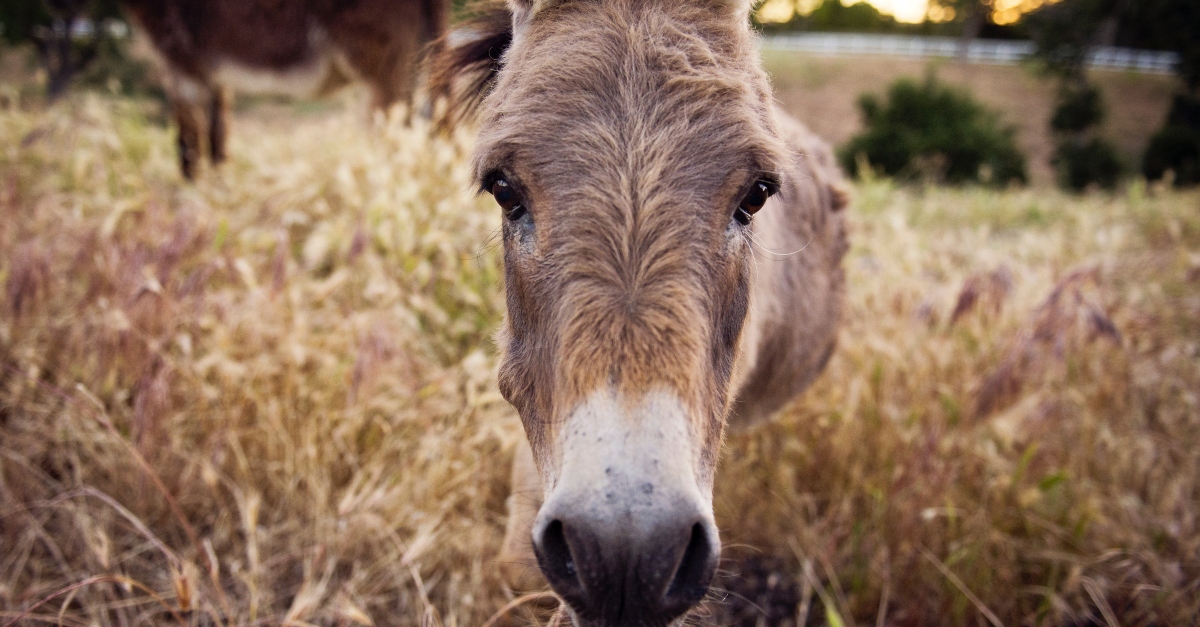Poachers have been hunting for African wildlife like rhinos, pangolins, and now donkeys because of Chinese desire for traditional medicines.
But much like other nations like Burkina Faso and Kenya, South Africa is already experiencing a decline in the number of donkeys, endangering other companies that use donkey milk to create soap and cream.
In China, the extracted produce can fetch up to $360 per kilogram.
According to Jesse Christelis, Co-owner of Donkey Dairy, “In South Africa we have seen a rapid decline of the donkey population due to illegal slaughter to supply the Chinese skin trade. It is believed that in China, if you eat the donkey skin, that’s boiled in a certain way, it has certain health benefits, very similar to what they believe, health benefits that are found in rhino horn.”
Ejiao, a donkey skin-based gelatin that was once revered by the emperors, is becoming more and more popular among China’s middle class.
There is a significant demand for rhino horn products on the market since they are thought to have similar health benefits to those of rhino horn products, such as serving as an aphrodisiac and blood thinner.
As a means of combating its illegal commerce, Donkey Dairy Farm is on a mission to rescue vulnerable donkeys that have been left in desolate locations.
The price increase is a result of the decreasing supply. Five years ago, a donkey would sell for approximately $30 at auction, according to Christelis. They currently cost each roughly $125.
In China, where donkey hides that sold for $473 in 2018 are now sold for $1,160.
“We’ve seen, you know, a rapid increase in price of donkeys as well since the trade of donkey skins hit South Africa, whereas prices were quite low about five years ago, they’ve gone up almost five, sixfold. And often the donkeys that we do find are not in good condition, weight is down, or there is a high parasite load.” added Christelis.
Each year, South Africa legitimately sends 10,500 donkey hides to China, but the actual volume is thought to be significantly higher because smugglers have entered the market.





